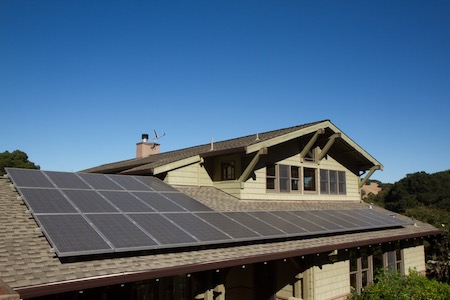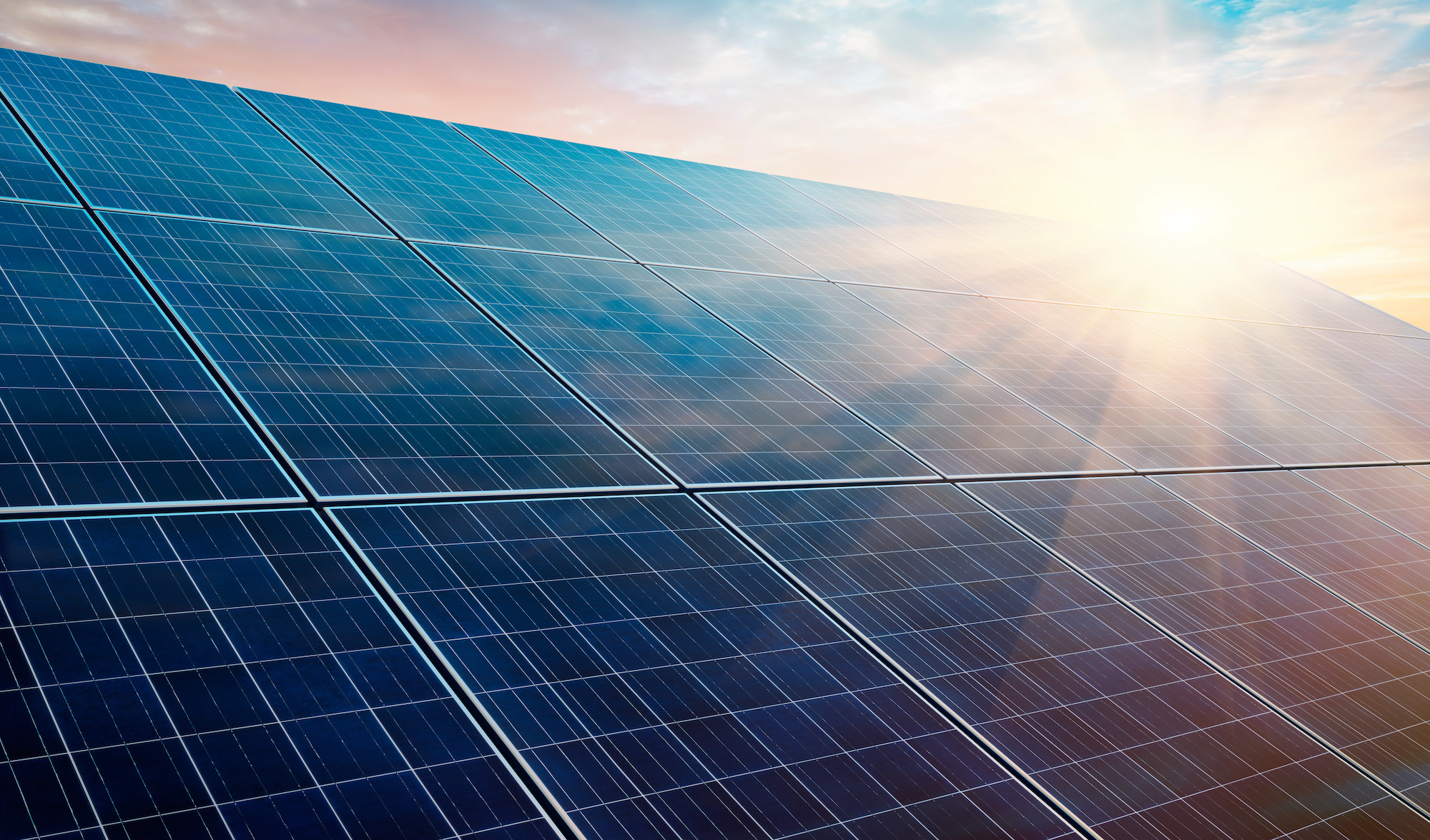Have you ever wondered how solar panels work? With the rising popularity of renewable energy sources, solar panels are becoming more and more common in homes and businesses around the world. But how do they actually generate electricity?
In this blog post, we’ll take a closer look at solar panels and explain the science behind this incredible technology as well as hopefully answer some common questions. From solar installation to maintenance, we’ll cover everything you need to know about solar panels and how they’re changing the way we power our world. So, sit back, relax, and let’s explore the incredible world of solar power!
1. What Are Solar Panels?
Solar panels are innovative devices that have revolutionized the way we generate electricity. They are composed of photovoltaic (PV) cells made from materials like silicon. These cells are linked together to create an array, which is then housed within a protective layer of glass or plastic.
2. How Do Solar Panels Generate Electricity?
Solar panels generate electricity through a process called the photovoltaic effect. When sunlight hits the PV cells, it causes the electrons in the material to become excited and move around. This movement of electrons creates a flow of electricity, which can be harnessed and used to power homes, businesses, and other devices.
3. How Are Solar Panels Installed?
Installing solar panels requires some preparation and planning. The first step is to assess your property and determine the best location for the panels. Ideally, the panels should be placed in an area that receives direct sunlight for most of the day. Once the location has been chosen, the panels can be mounted on the roof or ground using special brackets. This is usually done by a licensed solar panel installation contractor.
4. How Much Energy Can Solar Panels Produce?
The amount of energy that a solar panel can produce depends on a few factors, including the size of the panel, the efficiency of the cells, and the amount of sunlight it receives. On average, a single solar panel can produce between 250 and 400 watts of power. A typical residential solar panel system might include 20 to 30 panels, which can produce enough energy to power a home.
5. What Are the Benefits of Solar Panels?

There are many benefits to using solar panels to generate electricity. First and foremost, solar power is a renewable source of energy, which means it won’t run out like fossil fuels. Solar panels are also environmentally friendly, producing no emissions or pollution. Using solar power can also save you money on your electric bills, as you’ll be generating your own electricity and using less from the grid.
There are a few additional solar incentives as well, such as solar tax credits (Federal Tax Credits), which can help offset some of the upfront cost of solar. Your solar company should be able to discuss these incentives/benefits in greater detail during your solar project consultation.
6. What Are the Limitations of Solar Panels?
While there are many benefits to using solar panels, there are also some limitations to consider. For one, solar panels only generate electricity when there is sunlight, so they are not a reliable source of power during the night or on cloudy days. Additionally, solar panels can be expensive to install, although the cost has decreased in recent years. Finally, not all properties are well-suited for solar panels, as they require a certain amount of space and unobstructed sunlight.
7. Can You Use Solar Power Off the Grid?
Yes, it is possible to use solar power off the grid. This is called a standalone solar power system, and it requires a battery bank to store excess electricity for use during times when there is no sunlight. Standalone solar power systems are often used in remote areas where there is no access to the electrical grid.
8. How Do You Maintain Solar Panels?
Maintaining solar panels is relatively simple. The panels should be cleaned periodically to remove dirt and debris that can block sunlight and reduce efficiency. Wiring and electrical components should also be checked regularly to ensure they are functioning properly. In some cases, repairs or replacements may be necessary if a panel is damaged or malfunctions. Your solar installer can also advise you on ways you can maintain your panels, so be sure to ask.
9. How Long Do Solar Panels Last?
Solar panels are designed to last for many years, typically around 25 to 30 years or more. The lifespan of a solar panel depends on a variety of factors, including the quality of the materials, the manufacturer’s warranty, and how well they are maintained over time. It’s important to note that while solar panels may lose some efficiency over the years, they can still continue to produce electricity for decades. In fact, many solar panel manufacturers guarantee a certain level of performance for a specified period of time, which can provide peace of mind for homeowners and businesses that invest in this technology.
10. How Much Do Solar Panels Cost?
The price for solar panels will vary on a number of factors including:
- Panel system size
- The solar provider you choose
- The type of panels you choose
- And more.
However, the good news is that the cost of solar panels has decreased significantly over the years, making them more affordable for homeowners and businesses. Additionally, as we mentioned above, many states and municipalities offer rebates and incentives for installing solar panels, which can help offset the cost of the system. Overall, while the upfront cost of solar panels may seem high, they can provide significant long-term savings on your energy bills and can be a wise investment in the future of your property.
Your Local Solar Panel Company In Portland OR
As a homeowner or business owner in Portland, you want to make sure that you have a reliable and experienced solar contractor to install your solar panels. At Pro-Stat Solar, we’ve been helping customers harness the power of solar energy since 2009. We take pride in our work and offer a 25-year workmanship warranty on every solar installation project we complete, giving our customers peace of mind knowing that their investment is protected. If you’re ready to start saving money on your energy bills and take the first step towards renewable energy, contact us today!

